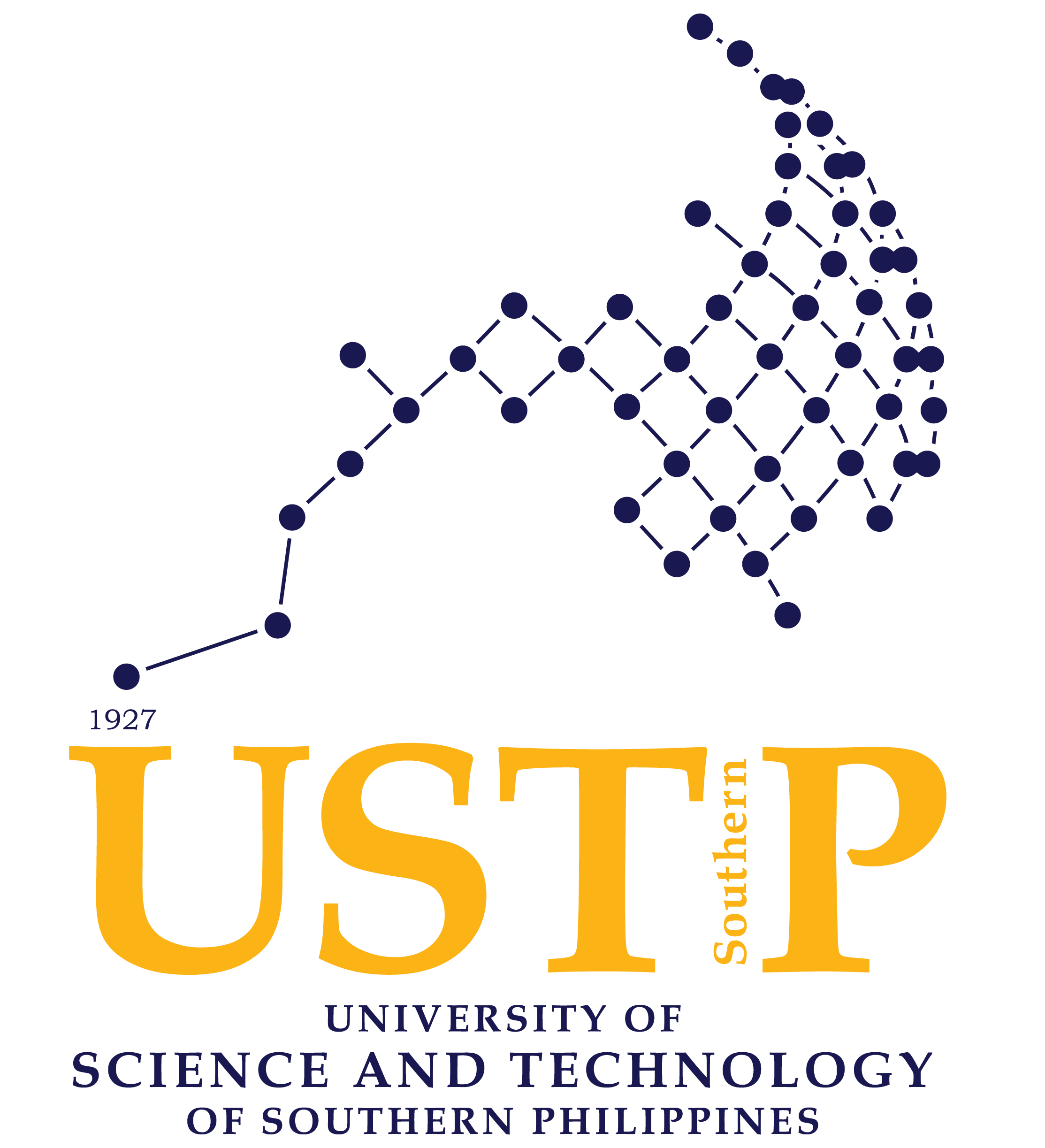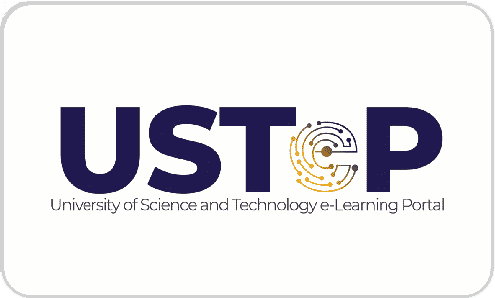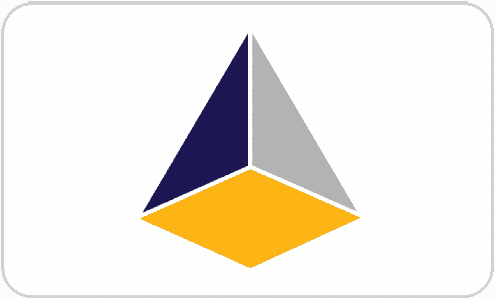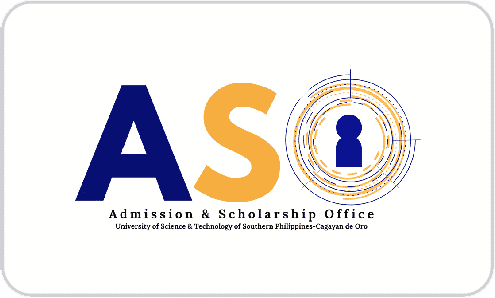USTP Claveria conducts Action Planning Activity
By Carlos Ian H. Mendoza & Aire Jade L. Taga, USTP Claveria STRATCOMM
Share:
On May 17-19, 2023, the University of Science and Technology of the Southern Philippines (USTP) Claveria sponsored a three-day Action Planning at C-Resort in Libertad, Misamis Oriental, led by Dr. Renato O. Arazo, Chancellor of USTP Claveria.
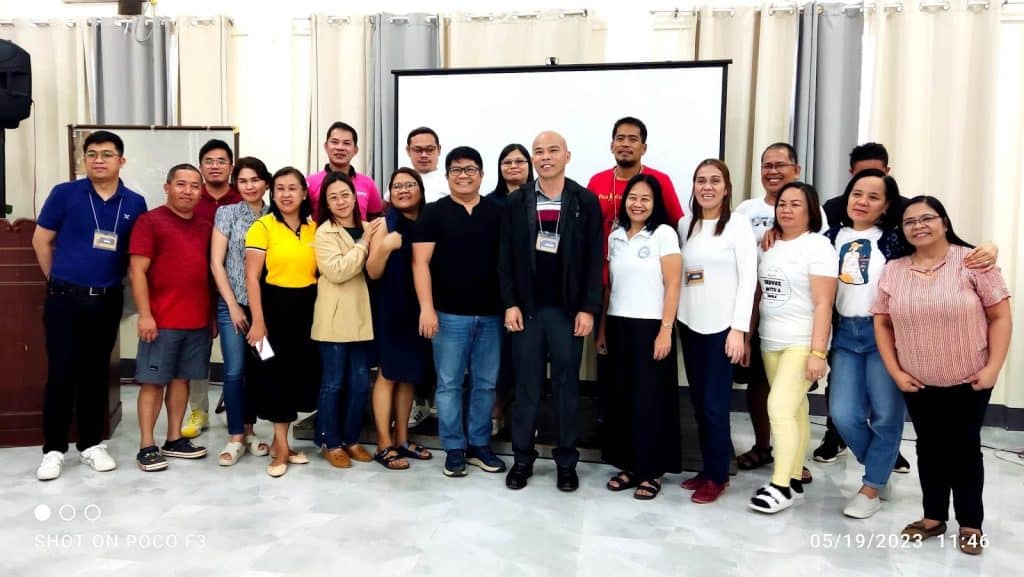
The event aims to strategize and develop action plans to achieve objectives beyond those set in the Office Performance Commitment Review (OPCR). By engaging in this action planning process, the university has collectively identified innovative approaches, addressed challenges, and set new targets that will drive the university’s growth and success.
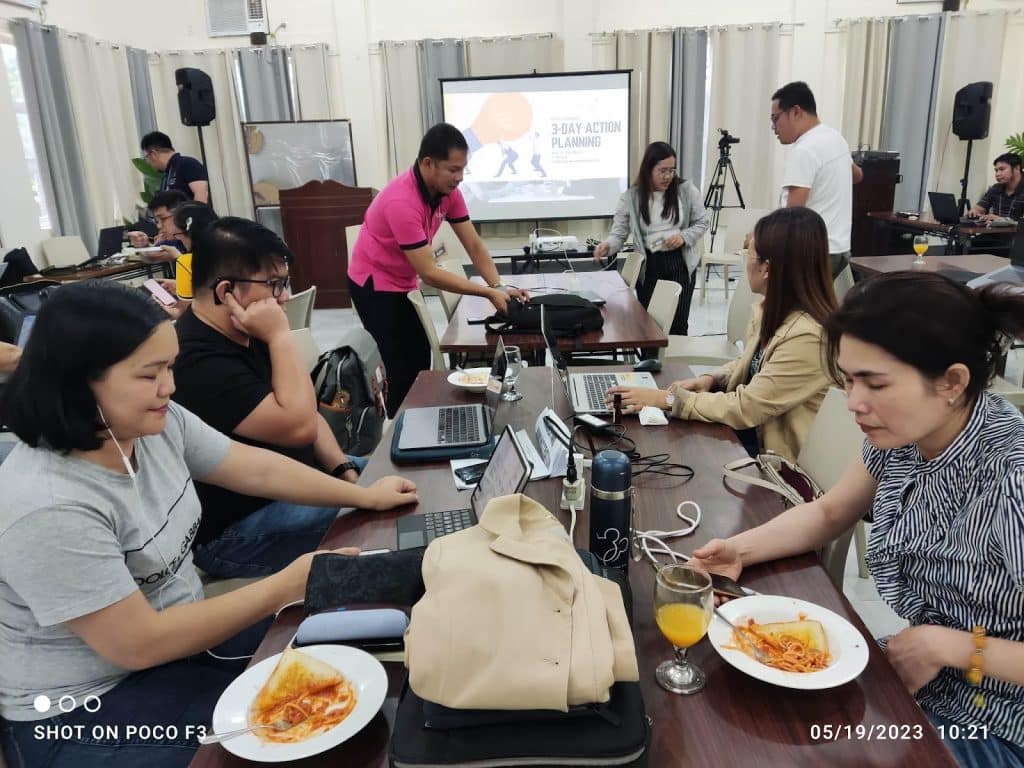
During the three-day activity, the participants from USTP Claveria engaged in thought-provoking discussions, exchanged significant ideas, and worked carefully to construct solid action plans to foster greatness in our university. They examined a wide range of issues critical to their professional development and the advancement of the institution.
The three days began with a thought-provoking talk on public sector productivity by Taiichi Ohno, where participants learned about the “3 Mus” and the “8 Kinds of Waste.” Participants were reminded of the significance of public sector productivity and its impact on economic progress, social stability, and human well-being. The speaker’s examples of Global Productivity Initiatives and Local Productivity Initiatives served as encouraging models for the participants to follow.
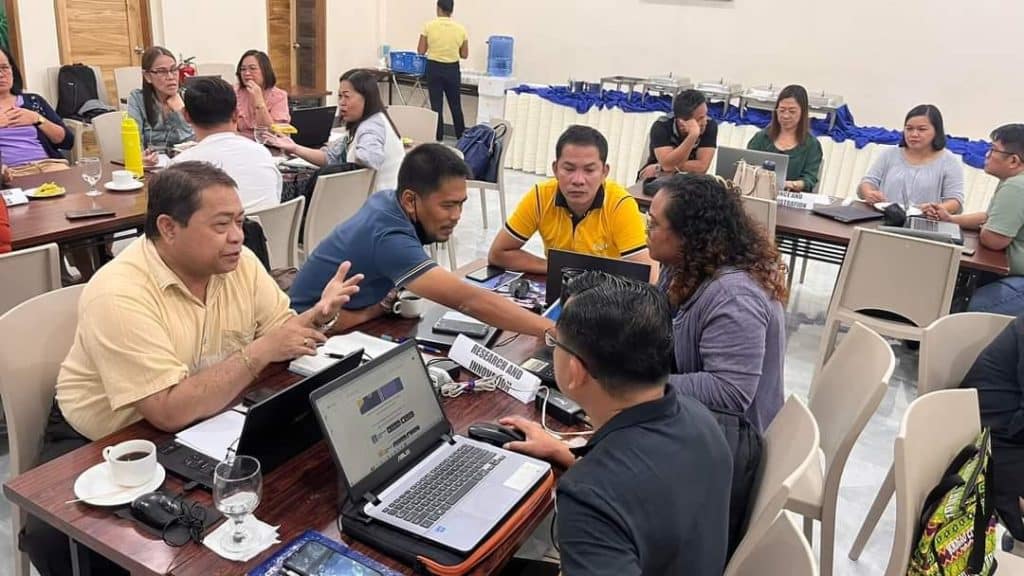
The participants, on the other hand, looked into the historical governance of Philippine sustainable development and the environment, investigating the six phases of environmental management and the notion of sustainable development as the sixth period. The global timeframe and the seven accountability concepts gave participants a thorough understanding of the difficulties and opportunities in environmental governance. These talks have given participants the ability to contribute to a more sustainable future for the school and neighborhood.
It also increased the participant’s understanding of Root Cause Analysis (RCA) and the 5 Why’s Method, emphasizing the necessity of finding and treating the fundamental causes of problems. This seminar provided us with useful skills for problem-solving and decision-making, boosting our ability to affect significant change in our respective offices.

In addition to these informative seminars, participants had the opportunity to engage in constructive discourse with the distinguished USTP Claveria Chancellor, Dr. Renato O. Arazo, and Vice Chancellors, Dr. Alexander L. Ido and Engr. Dennis T. Yamuta. The platform provided attendees with an essential opportunity to freely discuss the campus’ problems and challenges. Participants are now better prepared to address these concerns and drive continual development in our institution as a result of collectively defining key tasks.
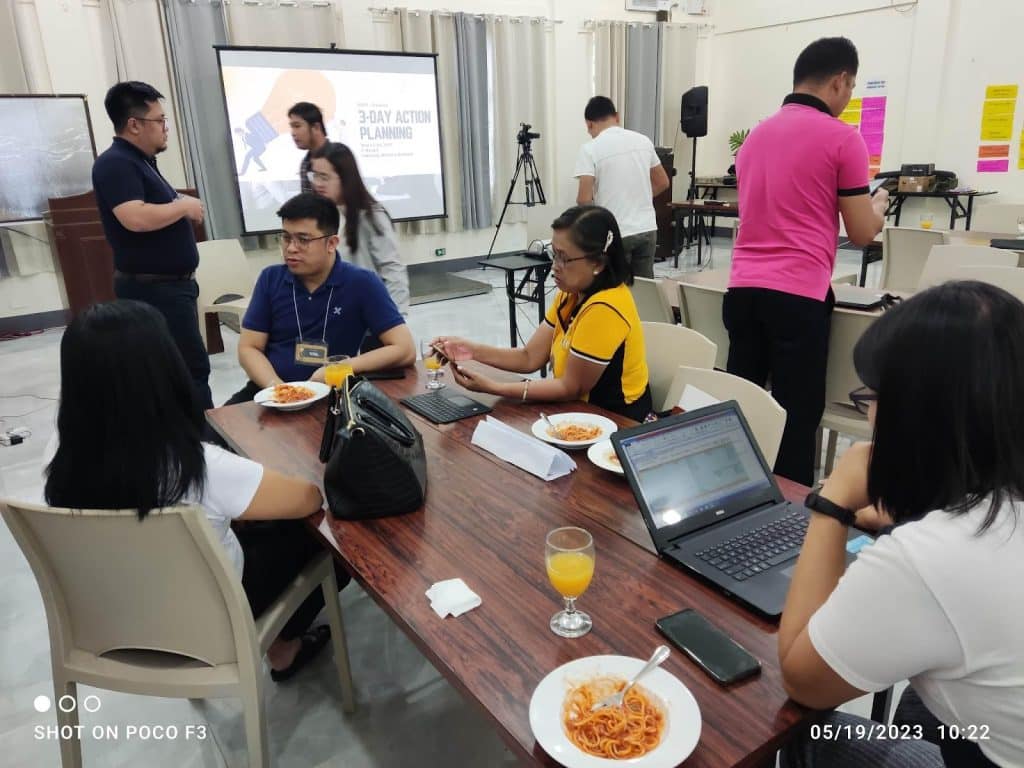
“I am filled with optimism and confidence in our collective abilities as we move forward from this action planning activity. Individual action plans have been established to demonstrate our commitment to exceeding our committed OPCR targets,” said Engr. Val Irvin F. Mabayo, PME, USTP Claveria. “To ensure the successful implementation of our goals, we have selected essential activities, created schedules, allocated resources, and explored collaboration opportunities. Furthermore, the detailed identification of potential risks and the creation of mitigation solutions reflect our proactive problem-solving approach.”
Engr. Mabayo expressed his heartfelt gratitude to the eminent speakers for sharing their knowledge and motivating the participants. He also expressed his heartfelt gratitude to the secretariats for their tireless work in planning and coordinating the event. Finally, he thanked the guests and colleagues who actively engaged in the discussions, shared their opinions, and committed their time and effort to making the event a success.
The USTP Claveria Chancellor and the Vice Chancellors took part in the conversation and expressed their commitment to solving the campus’ difficulties and cultivating an environment of excellence, serving as a constant source of inspiration to all participants.
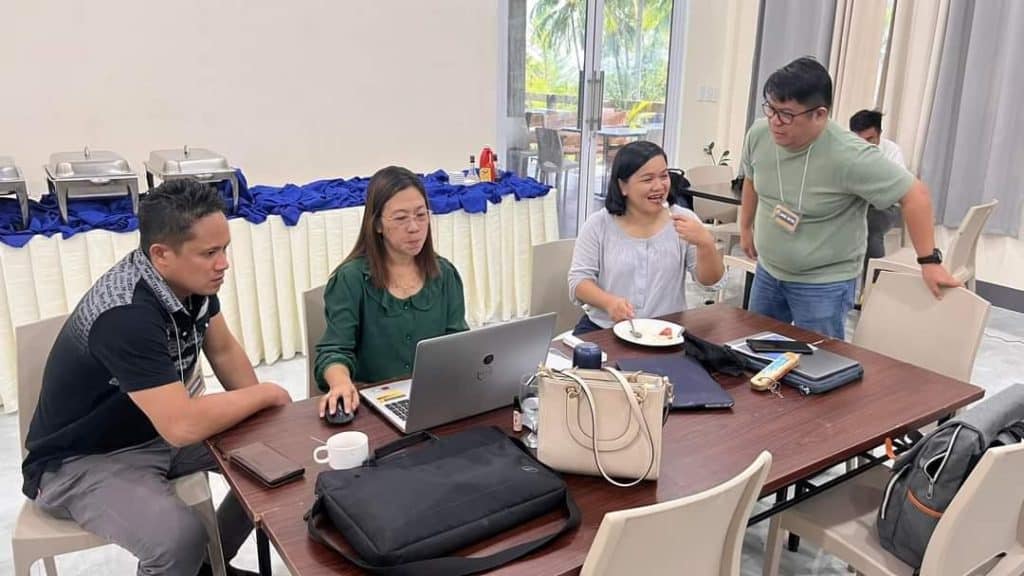
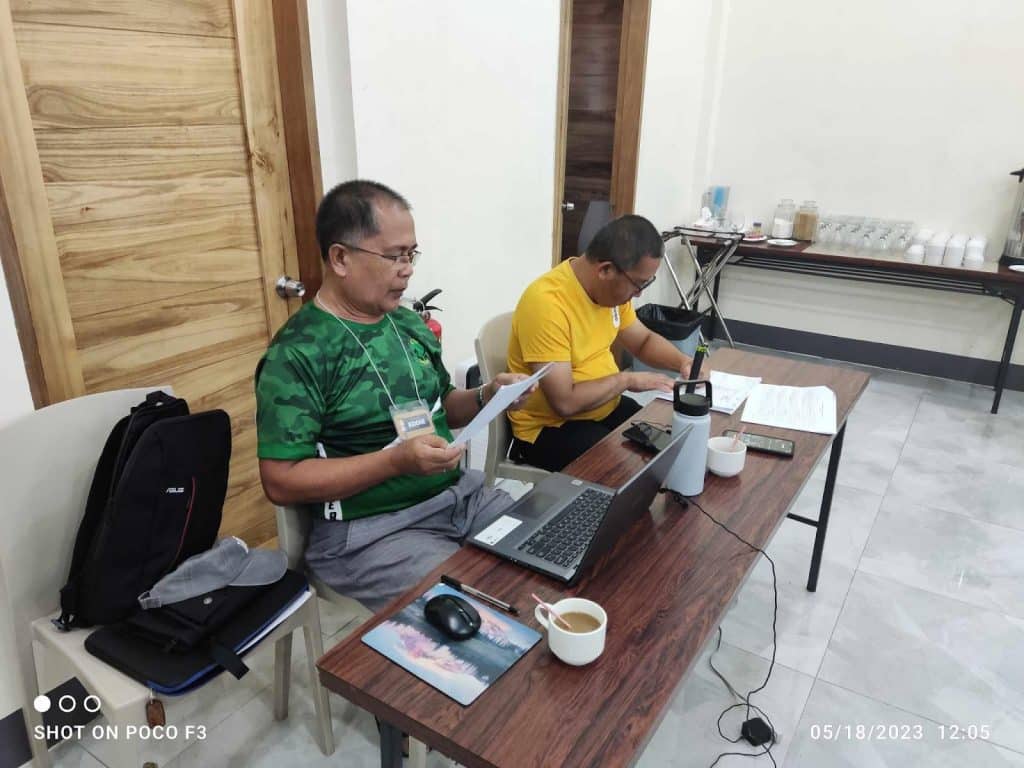
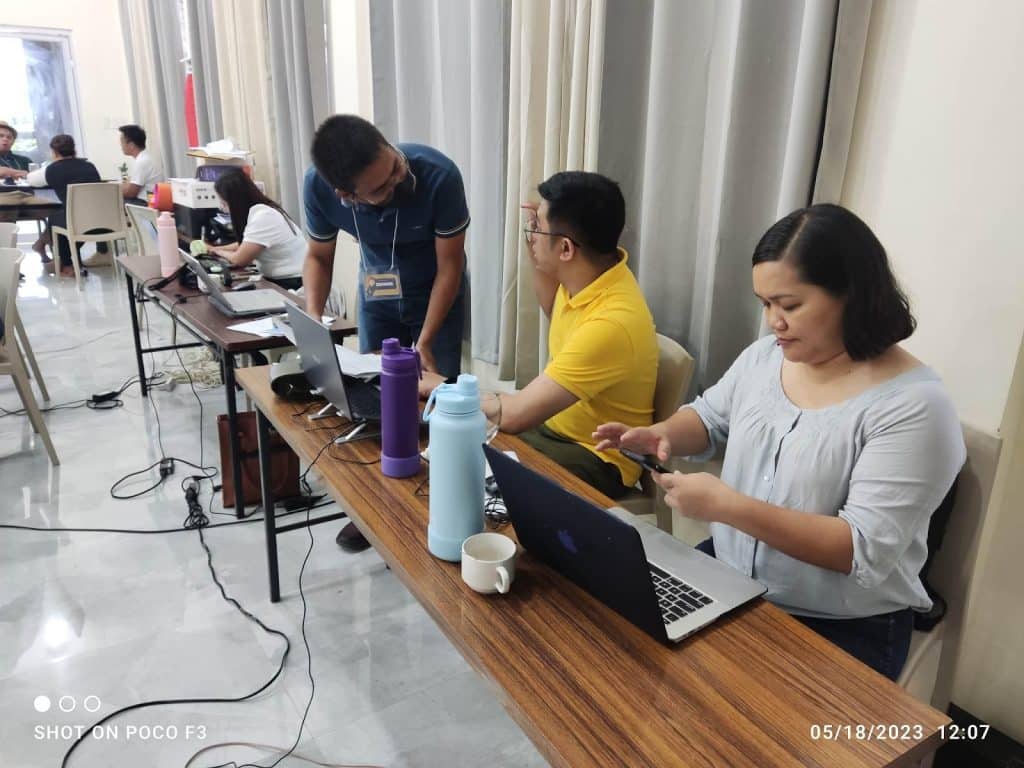
The action planning concluded with the participants carrying forward the knowledge gained and the collaborative environment developed.
